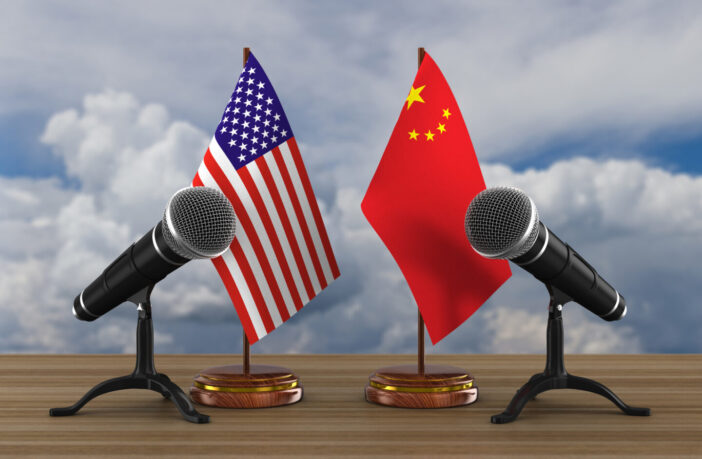The U.S. and China are waging an escalating paper war over media visas amid continuing allegations of espionage by Beijing.
Washington fired the latest salvo this week when it placed restrictions on five more Chinese state news outlets. Designating them as foreign government missions, the action limits the number of people those outlets can employ and curtails their travel.
Earlier, the State Department slapped restrictions on nine other Chinese news outlets doing business here. Some 40 Chinese correspondents working in the United States reportedly are on their way out of the country as their visas are expiring.
In March, China expelled American journalists from The New York Times, The Wall Street Journal and The Washington Post after writers criticized the Chinese government’s mismanagement of the coronavirus outbreak. Beijing said its move was in retaliation for U.S. action in February limiting five state-run Chinese news organizations, including the Xinhua news agency, to 100 Chinese citizen employees who could work in the U.S.
According to unofficial estimates, Chinese media outlets have more than 500 reporters here. About 75 American journalists live and work in China.
America’s nonimmigrant I visas only require that journalists have work contracts with a foreign media organization and must be gathering news. To reduce fraud and heighten security, the U.S. Department of Homeland Security is proposing tighter rules for China. A standard 240-day I visa (with an option to extend for a maximum of 240 additional days) would be limited to 90 days for journalists from China, and its Special Autonomous Regions of Hong Kong and Macau.
By classifying Chinese media companies as foreign missions, the U.S. State Department can impose stricter rules and regulations. For example, Chinese news operations would need U.S. government approval to buy or lease office space and must register personnel changes, including new hires, with the State Department.
“While free media around the world are beholden to the truth, [Chinese] media are beholden to the Chinese Communist Party. The United States is publicly recognizing that reality through these designations,” said State Department spokeswoman Morgan Ortagus. Amid disturbing and documented incidents of espionage by Chinese journalists, including those from the aforementioned Xinhua, stricter handling of I visas is in order, and long overdue.




